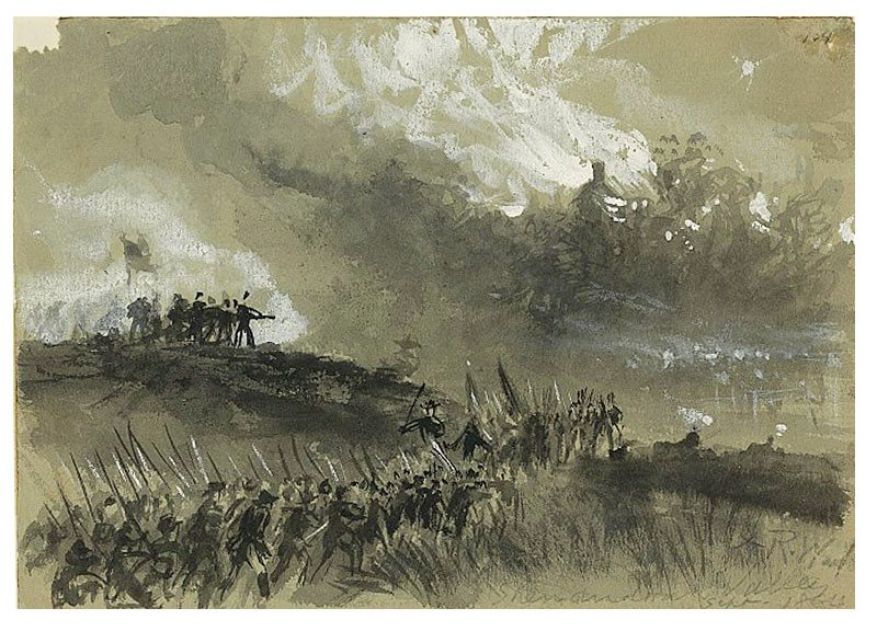A few years ago, a plucky contestant on Dancing with the Stars popularized a terrific phrase when asked about her daring routine late in the contest. It was time, she quipped, for her to “go big or go home.”
We’d like to see that can-do attitude manifested at the upcoming UN review conference on the Non-Proliferation Treaty – the so-called NPT RevCon.
What would going big mean? A serious commitment by the nuclear powers to get busy negotiating the global elimination of nuclear weapons, as required by the treaty’s Article VI. The conference will convene April 27 and run through May 22.
Nearly all the world’s countries will be in attendance, and there is sure to be a buzz over the historic breakthrough agreement on Iran’s nuclear enrichment program.
Presumably the United States and its allies will seek to bask in their diplomatic achievement with Iran – though not too brazenly, as the deal is not yet finally sealed, and some in the U.S. Congress seem hell-bent to torpedo it. But with the US and Russia brandishing their nuclear swords over Ukraine, it’s no time for anyone to rest on their laurels. There’s still so much unfinished business regarding the NPT, which became binding international law in 1970.
Continue reading “Will the US Get Serious Now About Eliminating Its Own Nukes?”




